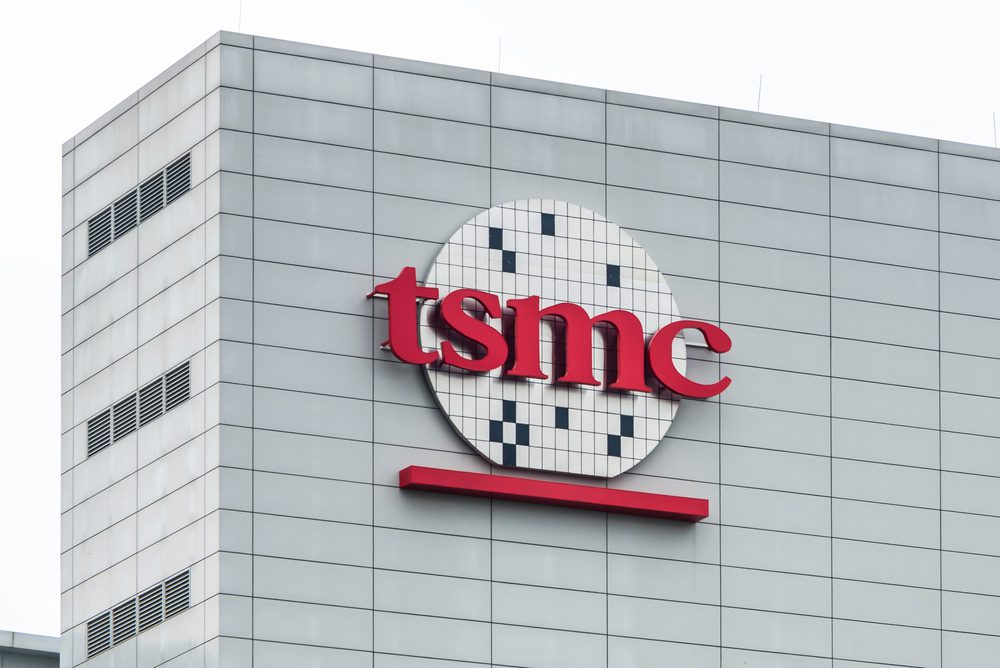
A new semiconductor factory planned for Saxony, bound to attract migrant workers, has become a focus of concern in light of AfD’s growing influence in the region.
Taiwanese manufacturing giant TSMC announced its plans to open in the eastern German state last week, a decision that has major geopolitical ramifications for Europe as a whole.
TSMC’s decision to create the $3.8 billion (€3.47 billion) fabrication plant in Saxony’s capital of Dresden has been lauded by the German government as well as the EU, as political leaders have begun to reevaluate the region’s economic ties with China. The plant will receive €5 billion in state subsidies as a sweetener and form a part of the so-called ‘Silicon Saxony,’ which consists of a cluster of technology giants.
Semiconductors regulate the flow of current in electronic devices and are an essential industrial component in Europe’s floundering green transition. However, many China hawks are apprehensive that Beijing will weaponise its control of supplies in the event of a future geopolitical clash between China and the West.
Saxony has benefited from the legacy of being the former hub of semiconductor production in the former East Germany, with a third of current European chips coming from the region. The sector already employs 76,000 people in total. This figure is expected to rise to at least 100,000 by 2030 as Europe diversifies its supply chains away from China.
But Saxony is also a major electoral hotbed for AfD support, with the party scoring a major electoral landmark by winning its first mayoral election in Saxony-Anhalt last month. Regional representatives and industry chiefs have warned that the continued electoral surge of AfD could jeopardise future investment into Germany.
Speaking to the Financial Times, Saxony’s state minister for economy Martin Dulig (SPD), warned that what he views as growing xenophobic sentiment in the region posed major problems for attracting new workers to Saxony, with the populist AfD party rejecting Berlin’s lenient policies towards migration.
The German political mainstream is still struggling to come to terms with the AfD’s rapid ascent, as some security chiefs and even major national publications such as Der Spiegel ponder a potential ban on the party, which is polling second only to the CDU.
Regardless of TSMC’s decision, neither Germany nor the EU is any closer to fully recognising Taiwanese independence, for fear of angering China’s ruling Communist Party. At a meeting of the European Parliament’s international trade committee last month, MEPs expressed their frustration that geopolitical concerns were holding up a bilateral deal between the EU and Taiwan.
